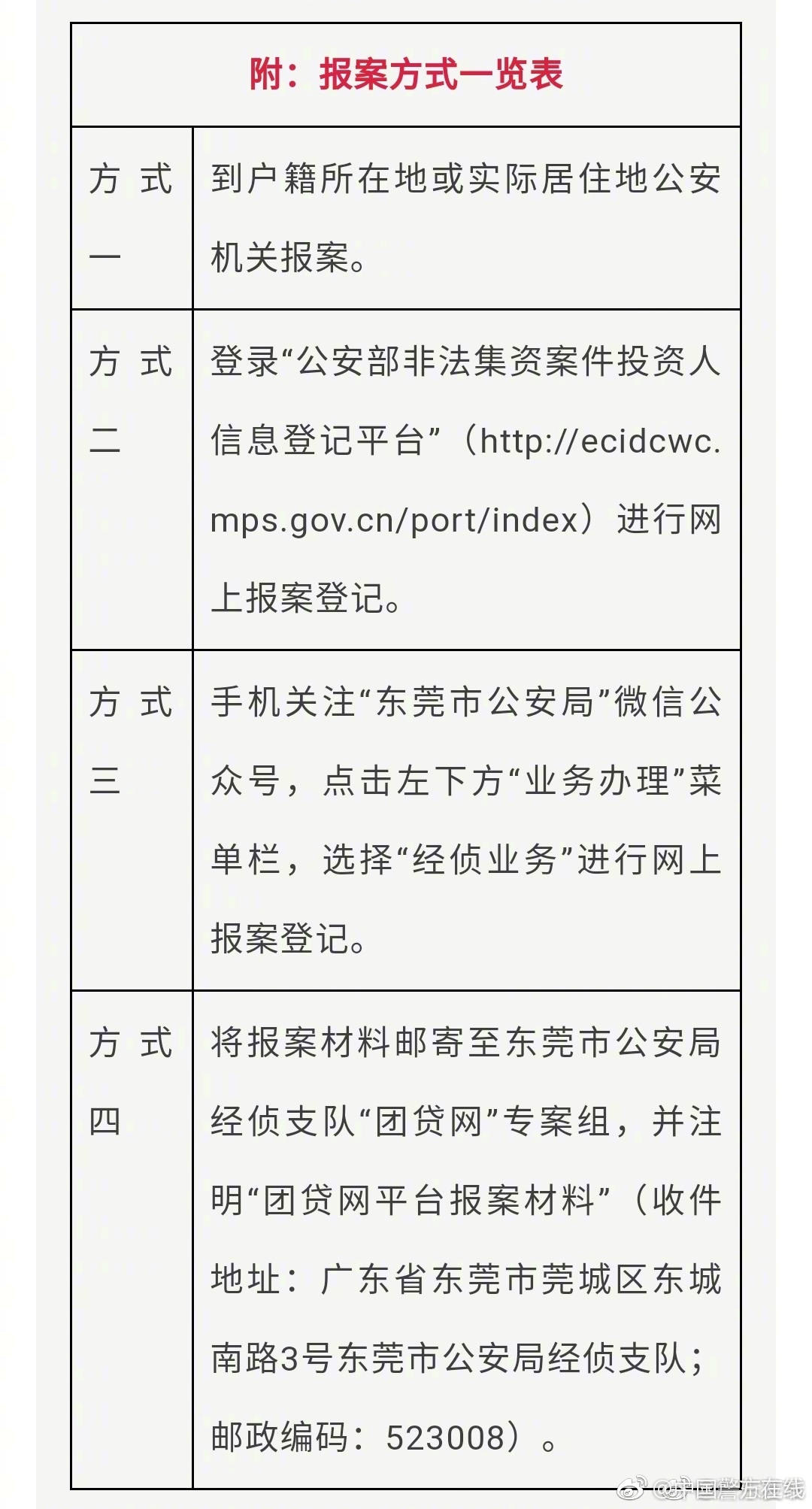Researchers are ???? ???? ???????? ?????still scrambling to learn how the Zika virus spreads and what we can do to stop it. But they're increasingly certain about one thing: Zika poses a serious threat to pregnant women and their babies.
The top U.S. health agency found this week that women who are infected with Zika while pregnant face a substantial risk of delivering a baby with brain abnormalities, vision problems, small heads (known as microcephaly), and other scary birth defects.
SEE ALSO: How the Zika virus stealthily swept the AmericasSerious defects were seen in about 8 percent of babies, or 1 in every 12, who were born to pregnant women with Zika infection during the first trimester, the Centers for Disease Control and Prevention (CDC) said, based on data from U.S. territories.
With the U.S. summer quickly approaching and swarms of nasty mosquitos soon to follow, health officials urged pregnant women in particular to protect themselves from the mysterious virus.
Via Giphy"We can't afford to be complacent," Anne Schuchat, the CDC's acting director, said on a Thursday press call.
"Zika hasn't gone away, and while the number of new infections has decreased, the virus remains a concern for families," she said.
The CDC's new study -- the largest of its kind to date -- focused on cases reported in Puerto Rico, American Samoa, the U.S. Virgin Islands, and other territories from Jan. 1, 2016, to April 25, 2017.
Researchers identified 2,549 pregnant women with the Zika virus. Of that group, 122 pregnancies, or about 5 percent, resulted in Zika-associated birth defects, the data showed.
While infections in the first trimester posed the highest risk to women and their babies, that risk declined slightly during later stages of pregnancy. Five percent of women in their second trimester, and 4 percent of women in their third trimester, gave birth to babies with Zika-related health issues.
 Zika-prevention tips are shared on a wall in San Juan, Puerto Rico. Credit: Angel valentin/Getty Images
Zika-prevention tips are shared on a wall in San Juan, Puerto Rico. Credit: Angel valentin/Getty Images "As these findings illustrate, the Zika virus poses a serious threat to pregnant women and their babies, regardless of when the infection is diagnosed during the pregnancy," Schuchat said.
Those findings were consistent with the CDC's previous report on Zika infections from the 50 states and D.C. Among 1,297 pregnant women with confirmed Zika infection, 51 women -- also about 5 percent -- gave birth to babies and fetuses with Zika-associated birth defects.
Peggy Honein, who co-leads the pregnancy and birth defects task force for the CDC's Zika Response, said some babies won't immediately show outward signs of brain abnormalities or other birth defects. Brain imaging technology, such as head ultrasounds, can reveal problems before they visibly develop.
Zika virus is primarily transmitted via Aedes aegyptimosquitos, though it can also be acquired through sexual activity. Last year saw the largest Zika outbreak yet in the Americas, but scientists believe the virus began circulating years earlier, starting in northeast Brazil around late 2013.
Via GiphyAfter local mosquitos began transmitting Zika to Brazilians, including pregnant women, the region saw a rise in newborns with microcephaly. Zika later spread throughout South America, Central America, Caribbean countries, and, by early 2016, the continental United States.
Zika hit U.S. territories much harder than it did the 50 states and D.C., in part due to year-round mosquito populations on the island territories.
More than 36,000 Zika cases were reported in the territories last year, primarily in Puerto Rico, according to the CDC. Nearly all those cases came from locally acquired mosquito bites.
 Original image has been replaced. Credit: Mashable
Original image has been replaced. Credit: Mashable In the states, about 5,100 cases of Zika were reported last year, though in about 95 percent of cases, people acquired the virus while traveling within an affected country. More than 220 cases were caused by local mosquito bites, mainly in south Florida.
CDC officials encouraged pregnant women in U.S. territories to use insect repellent, wear long sleeves and long pants, and install screen windows and doors to avoid being bitten by mosquitos. They should also use condoms during sex to avoid Zika infections via sexual transmission.
"We must continue preparing for another mosquito season while researchers seek more definitive prevention through vaccine development," Schuchat said.
Featured Video For You

















